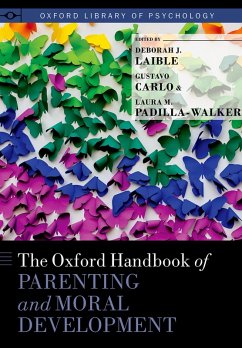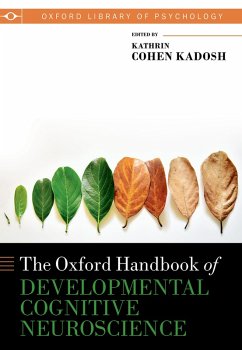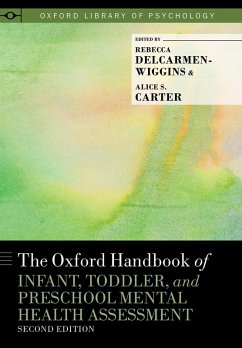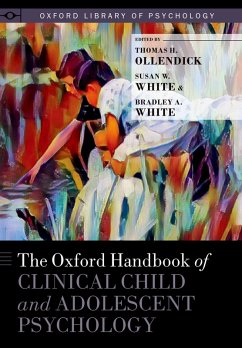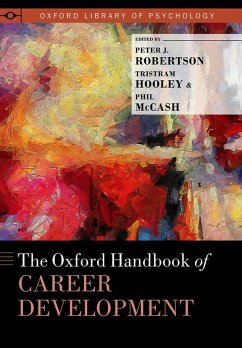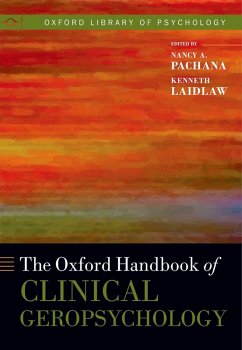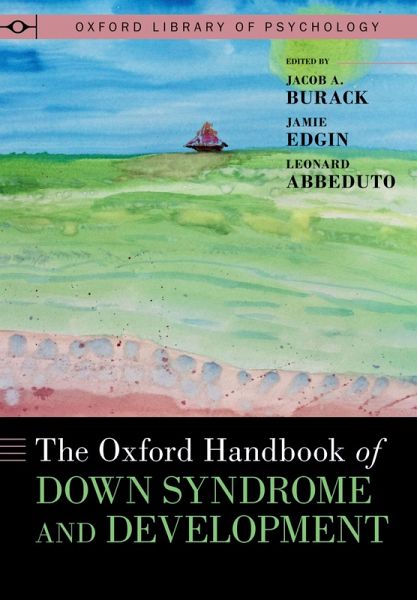
The Oxford Handbook of Down Syndrome and Development (eBook, ePUB)
Versandkostenfrei!
Sofort per Download lieferbar
82,95 €
inkl. MwSt.
Weitere Ausgaben:

PAYBACK Punkte
41 °P sammeln!
The Oxford Handbook of Down Syndrome and Development comprises cutting-edge and provocative integrative reviews of essential theory and research about persons with Down syndrome at various stages of the lifespan. The volume opens with a brief section on historic and contemporary scientific approaches to understanding the development of persons with Down syndrome with subsequent sections on social development and family relations, cognition and neuropsychology, and comorbid conditions. Together these chapters provide extensive background that leads to a comprehensive understanding of the develo...
The Oxford Handbook of Down Syndrome and Development comprises cutting-edge and provocative integrative reviews of essential theory and research about persons with Down syndrome at various stages of the lifespan. The volume opens with a brief section on historic and contemporary scientific approaches to understanding the development of persons with Down syndrome with subsequent sections on social development and family relations, cognition and neuropsychology, and comorbid conditions. Together these chapters provide extensive background that leads to a comprehensive understanding of the development and well-being of persons with Down syndrome across many different aspects of everyday living. The final section contains innovative and forward-looking chapters on interventions and directions for future research. The contributors to all these chapters are leading scholars in the study of persons with Down syndrome and other neurodevelopmental conditions. However, the final word of the volume is left to those with lived experience -persons with Down syndrome and their family members who share and reflect on their life stories. This handbook is essential reading for all those interested in the development of persons with Down syndrome.
Dieser Download kann aus rechtlichen Gründen nur mit Rechnungsadresse in A, B, BG, CY, CZ, D, DK, EW, E, FIN, F, GR, HR, H, IRL, I, LT, L, LR, M, NL, PL, P, R, S, SLO, SK ausgeliefert werden.





